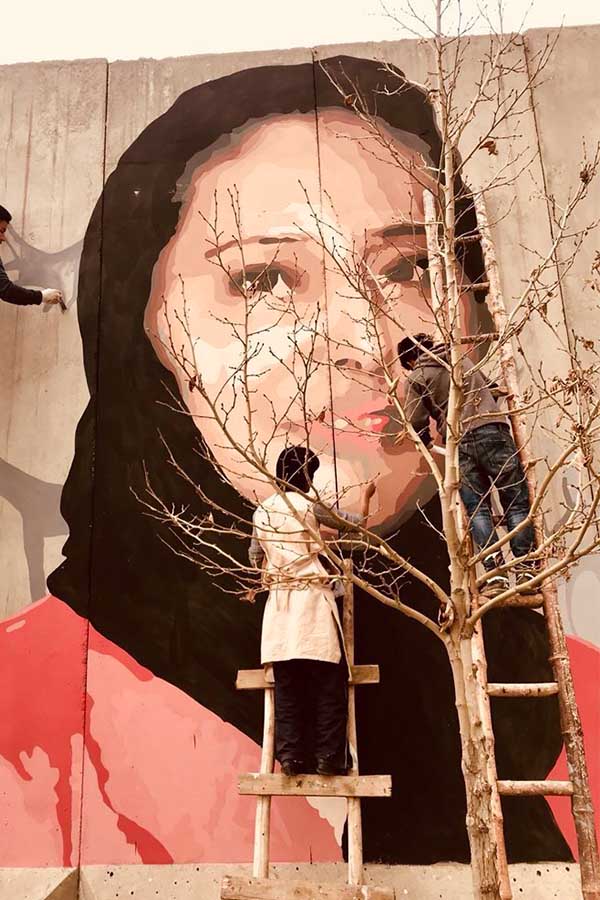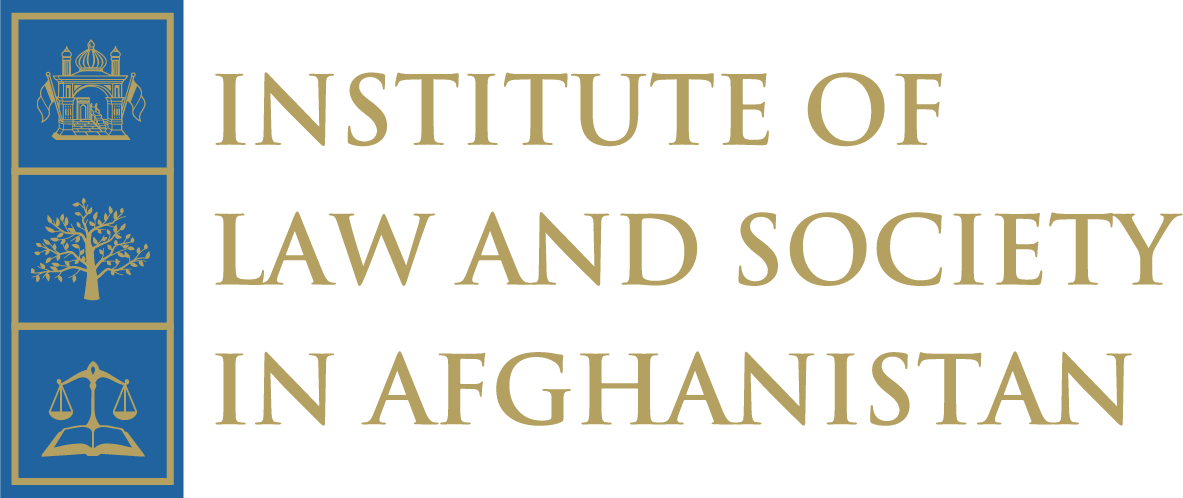PhD Programm
The Hamida Barmaki Ph.D. Scholarship Program
Afghanistan’s demand for higher legal education strongly increased after the fall of the first Taliban regime in 2001. In 2012 the Max Planck Institute for Comparative Public Law and International Law -launched a Ph.D. Scholarship Program for early- and mid-career law lecturers.
Under the supervision of Dr. Tilmann Röder, the team of the Max Planck Institute (later the Foundation) selected thirteen outstanding Afghan jurists who began writing their theses at universities abroad. All candidates had already obtained a master’s degrees in the USA, Australia, France, Italy or China. The scholarship program provided not only financial support but also a broad variety of academic courses and guidance by experienced Max Planck fellows. The topics they chose ranged from international economic law to constitutional law, administrative law, human rights, legal pluralism, family law and intellectual property law.
Most of the Ph.D. candidates were law lecturers from Kabul, Herat, Jalalabad, Mazar-e Sharif, and Takhar. Many of them continued teaching at their home faculties while doing their research. Others accepted important government positions and became presidential advisers, ambassadors, or human rights commissioners. For this reason, none of the theses could be completed after the funding of the German Foreign Office had expired at the end of 2017. Therefore, Dr. Röder and a group of committed university professors decided to continue their support on a private basis. Five years on, the program is considered not only an enormous success but also an important experience in regard of the possibilities and limitations of strengthening higher legal education in conflict-affected environments.
The Institute for Law and Society on Afghanistan is supporting the remaining candidates with feedback and advice. Besides, the ILSAF team is available for requests from Afghans who aspire to write a doctorate or Ph.D. in the area of law or Islamic theology, and who fulfil the necessary conditions. These are primarily an internationally recognized master’s degree and sufficient language skills. While ILSAF cannot offer any financial support, its team can advise on how to find supervisors and scholarships. Interested scholars may send their CV and research exposé to info@ilsaf.org.


